Top 10 Biggest CDMO Companies
and Market Trends you Need to Watch Out For

Tânia Marante | Posted on May 8, 2024 | Updated on March 26, 2025
Introduction
Many steps proceed the need for a CDMO.
Imagine you’re in the pharma business — which you are, or plan to be if you are reading this, and you plan on embarking on a journey to create or improve a drug. Well, first things first, and if you’re diving deep into drug discovery or enhancement, you need to pinpoint a target that’s relevant and detrimental to making advancements on a disease. A target, at this stage, is just the start.
Same goes for enhancement mode. This is about tweaking and refining molecules to boost effectiveness, stability, and safety, much like fine-tuning a high-performance engine until it purrs just the right way.
Got the drug just right? Nice, but what about formulation? This stage is more than just mixing ingredients: it is about combining a recipe that delivers your drug into the human body safely and efficiently. Think of it this way: even the best recipe needs the proper kitchen and chefs to bring it to life, right? That’s where analytical method development comes into play. You ensure every batch is perfect, optimizing processes to save on costs without skipping quality.
So, as you can see, there’s a mountain of work before CDMOs even come into the picture. But when they do, they’re ready to take all that foundational work and amplify it, scaling up from your lab bench to the patient’s bedside. This is especially true for biologics, where identifying the right partners through a comprehensive biologics CDMO list is crucial for success.
We are just warming up, let’s dive into everything CDMOs: The different services, how their becoming increasingly important for pharma companies to turn all their groundwork into a reality and of course the biggest CDMO names and market trends out there.
What is a Contract Development and Manufacturing Organization (CDMO)?
Let’s start at the beginning. A contract development and manufacturing organization (pharmaceutical CDMO) is a service provider in the pharmaceutical industry. For a pharma company, it can be very convenient instead of investing your own resources (time, money, people) to outsource a system that already works within the regulations you need to work with. But there are plenty of different services you can hire. It’s what we’ll see next.
Distinguishing between CDMOs from CMOs and CROs
CDMO
CDMOs provide end-to-end manufacturing services, covering biomanufacturing processes from early development to commercial manufacturing. To put it more simply, this means that a pharmaceutical company can hire a CDMO to handle specific stages of drug development, from the initial formulation and clinical trials to large-scale production and packaging. They are the full-service CDMO option that ensures GMP manufacturing standards are maintained throughout the drug development lifecycle.
CMO
The CMOs (Contract Manufacturing Organizations). These are the heavy lifters, specialized in scaling production. Once your drug has been designed and tested, CMOs take over to manufacture it on a large scale. They focus intensely on the production phase, offering expertise that includes formulation, packaging, and labeling. However, unlike CDMOs, their journey with your drug doesn’t start at the drawing board—they jump in when it’s time to scale up and roll out.
CRO
The CROs (Contract Research Organizations) are the scouts. Critical during the drug’s early exploration stages CROs concentrates on the research side, managing clinical trials, gathering data, and analyzing results. Their role is to ensure that the paths chosen are safe and effective for further development. While they’re experts in navigating the complexities of research, they don’t venture into manufacturing the drug themselves.
Why hire CDMO services?
From what we’ve seen so far it’s safe to say that not all pharmaceutical companies have the resources to go through these processes along with their work, so outsourcing can be a much better production solution in many cases. Plus, CDMO’s bring a lot to the table, or the petri dish for that matters:
Expertise and Specialization: CDMOs are experts in processes and regulations. They bring specialized knowledge critical for complex drug formulations, ensuring that CDMO products are made to exact specifications and comply with global standards, a major, if not the biggest concern for drug developers.
Flexibility and Scalability: CDMOs allow pharmaceutical companies to scale their production up or down without the need to invest in their own manufacturing facilities. This flexibility is crucial for managing the fluctuations in demand and production cycles in the pharmaceutical industry.
The CDMO Market
The global pharmaceutical CDMO market size , estimated at USD 146.0 billion in 2023 , is projected to grow at a CAGR of 7.2% from 2024 to 2030. This growth is largely driven by the increasing demand for novel therapies, a demand that CDMOs are uniquely positioned to meet. As a pharmaceutical company, your role in this growth is crucial, and your investments in R&D and genetic drugs are key factors driving market growth. Your contributions are not only valued but also integral to the industry’s future.
CDMO Trends for 2024
Recent insights from the CPHI Trend Report reveal several key trends that are expected to shape the industry. Here’s a closer look at what pharmaceutical companies and CDMOs can anticipate in the coming year:
- Equal Partnership Models
Gone are the days when outsourcing was merely transactional. In 2024, the focus shifts towards establishing partnerships of equals. Both CDMOs and pharmaceutical companies are now seen as integral collaborators, each bringing essential competencies, knowledge, and capabilities to the table.
- Integration as the New Frontier
The demand for “one-stop shop” solutions in the CDMO sector continues to grow, as the market leans towards integrated solutions driven by the need for integrated end-to-end services. These comprehensive offerings are not just attractive but essential for drug sponsors seeking efficiency in speed, scalability, and customer support.
- Collaborative Risk Management
2024 also brings a stronger emphasis on collaborative risk management within the inherently risk-averse pharmaceutical sector. The industry is moving away from penalty-based models towards systems that reward achievements, thereby fostering deeper trust and accountability in CDMO partnerships. This shift encourages both parties to share the stakes and the rewards, making it crucial for platforms like Pharmaoffer to support transparent and equitable interactions between drug makers and CDMOs.
- Market Dynamics Shaped by M&A Activities
Merger and acquisition activities continue to influence the pharmaceutical outsourcing landscape significantly. High-profile transactions, such as the acquisition of Catalent by Novo Holdings, hint at potential shifts in market dynamics. These movements not only create opportunities but also present challenges as organizations adjust to the new market realities.
- Emphasis on Diverse Operations
As CDMOs expand globally, there is an increasing need to diversify operations and consider multiple regulatory environments and stakeholder expectations across borders. This trend highlights the importance of geographic diversification and the need for a diverse approach to managing the global pharmaceutical supply chain.
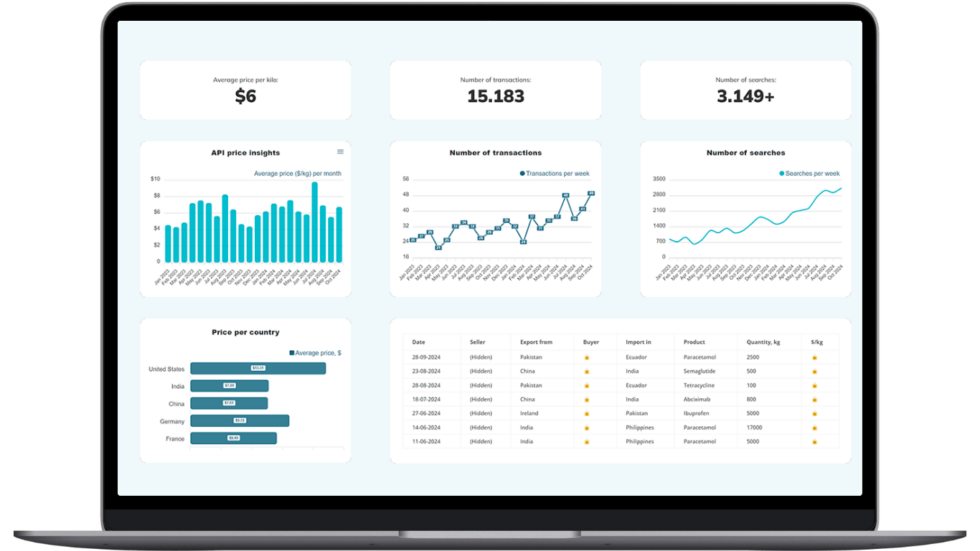
Make Smarter API Decisions with Data
Access exclusive insights on global API pricing, export/import transactions, competitor activities and market intelligence.
The Top 10 CDMOs Shaping the Future of Pharmaceutical Manufacturing
The landscape of pharmaceutical manufacturing is dominated by a few players whose innovative approaches and strategic expansions are setting the pace for the industry. According to the latest A-List from Genetic Engineering and Biological News, here are the top 10 Contract Development and Manufacturing Organizations (CDMOs) ranked by their 2022 revenues and highlighted by their recent key developments.
1. Lonza Group
Basel, Switzerland
2022 Revenue: CHF 6.223 billion ($6.970 billion)
Recent Highlights:
Partnership with Vertex Pharmaceuticals to construct a 130,000-square-foot facility in Portsmouth, NH, focusing on type 1 diabetes cell therapies.
Acquisition of Synaffix to enhance bioconjugates offerings, with a strategic investment worth up to €160 million.
Launched a collaboration with ABL Bio to develop and manufacture a new bispecific antibody targeting immuno-oncology and neurodegenerative diseases.
2. Thermo Fisher Scientific
Waltham, MA
2022 Revenue: $6.967 billion
Recent Highlights:
Introduced a next-generation Dynabeads platform to expedite cell therapy manufacturing.
Opened a new sterile fill-finish facility in Singapore, expanding global capabilities.
3. Catalent
Somerset, NJ
2022 Revenue: $4.276 billion
Recent Highlights:
Resolved potential proxy battle with Elliott Investment Management by revising its board with four new directors.
Newly appointed executive chair to lead strategic review following significant stock price adjustments.
4. WuXi Biologics
Wuxi, China
2022 Revenue: RMB 15.269 billion ($2.108 billion)
Recent Highlights:
Announced spin-off of WuXi XDC Cayman to focus on bioconjugate services.
Plans to double drug substance capacity in Germany, enhancing European presence.
5. Samsung Biologics
Incheon, South Korea
2022 Revenue: KRW 2.338 trillion ($1.773 billion)
Recent Highlights:
Completed Bio Campus I and announced expansion plans for Bio Campus II set to operate by 2025.
Secured manufacturing contracts with Pfizer worth $897 million for biosimilars production.
6. Siegfried
Zofingen, Switzerland
2022 Revenue: CHF 1.23 billion ($1.377 billion)
Recent Highlights:
Acquired a major stake in DiNAMIQS to upgrade viral vector manufacturing capabilities.
Launched a Development Center for Drug Products in Barcelona and a new R&D center in Switzerland.
7. Fujifilm Diosynth Biotechnologies
College Station, TX and Tokyo, Japan
2022 Revenue: ¥ 194.2 billion ($1.314 billion)
Recent Highlights:
Appointed Lars Petersen as president and CEO, focusing on strategic business unit expansion.
8. Recipharm
Stockholm, Sweden
2022 Revenue: €1.227 billion ($1.314 billion)
Recent Highlights:
Supporting development of a treatment for myasthenia gravis with Barcelona-based Ahead Therapeutics.
Enhanced global testing capabilities with a new analytical lab in India.
9. Boehringer Ingelheim
Ingelheim, Germany
2022 Revenue: €1.024 billion ($1.097 billion)
Recent Highlights:
Broke ground on a new Chemical Innovation Plant, set to begin operations in 2026.
Opened a new Biologicals Development Center in Germany to focus on antibodies and therapeutic proteins.
10. MilliporeSigma
Burlington, MA and Darmstadt, Germany
2022 Revenue: €956 million ($1.024 million)
Recent Highlights:
Announced expansions in Kansas and Scotland to bolster biosafety testing and cell culture media manufacturing.
Conclusion
The right CDMO brings more than just technical expertise; they bring a commitment to quality, a depth of knowledge in regulatory landscapes, and a readiness to adapt to the fast-evolving pharmaceutical market.
Because of this, selecting the right Contract Development and Manufacturing Organization is not just about outsourcing, it’s about entering a partnership that can really enhance your drug development and manufacturing capabilities. This has become particularly important in recent years with the COVID-19 epidemic, but predictions sat it keep on rising for the upcoming years.
Don’t navigate the complex pharmaceutical landscape alone.
With Pharmaoffer, we help you find a CDMO partner that aligns with your vision and operational needs.
Visit our page or more detailed information and to receive personalized service options that could transform your drug development journey.
FAQ
How does a CDMO differ from a CMO and CRO?
CDMOs provide end-to-end solutions from early drug development stages to commercial manufacturing, whereas Contract Manufacturing Organizations (CMOs) focus primarily on large-scale drug production. Contract Research Organizations (CROs) specialize in the early stages of drug development, particularly in conducting clinical trials and research.
Why should pharmaceutical companies hire CDMO services?
Hiring a CDMO allows pharmaceutical companies to leverage specialized expertise and advanced facilities without the overhead of building and maintaining their own. This partnership offers flexibility, scalability, and compliance with global standards, crucial for managing production cycles and market demands efficiently.
What are the emerging trends in the CDMO industry for 2024?
Key trends for 2024 in the CDMO sector include the shift towards equal partnership models, integration of services providing 'one-stop shop' solutions, collaborative risk management, and the impact of mergers and acquisitions on the market dynamics.
What benefits do pharmaceutical companies gain by partnering with a CDMO?
Partnering with a CDMO brings numerous benefits including access to expert knowledge in drug formulation and GMP (Good Manufacturing Practice) standards, cost efficiency by avoiding capital investment in facilities, and the ability to scale production according to market demands. This flexibility is vital for adapting to changes in the pharmaceutical industry.
How is the global CDMO market expected to grow in the coming years?
The global CDMO market is projected to grow at a compound annual growth rate (CAGR) of 7.2% from 2024 to 2030. This growth is driven by increasing demands for novel therapies and the pharmaceutical industry's need for efficient, flexible production capabilities that CDMOs offer.

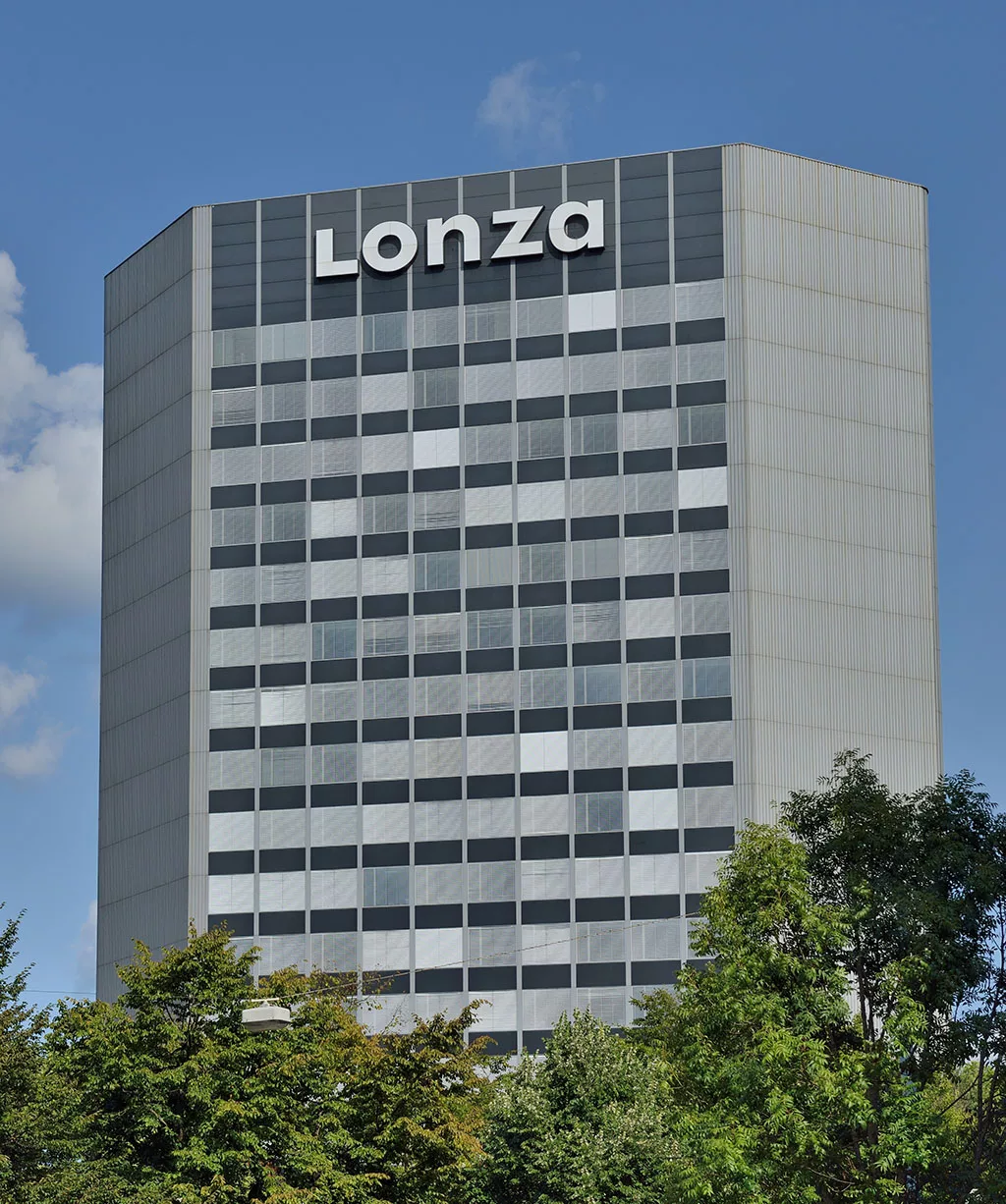









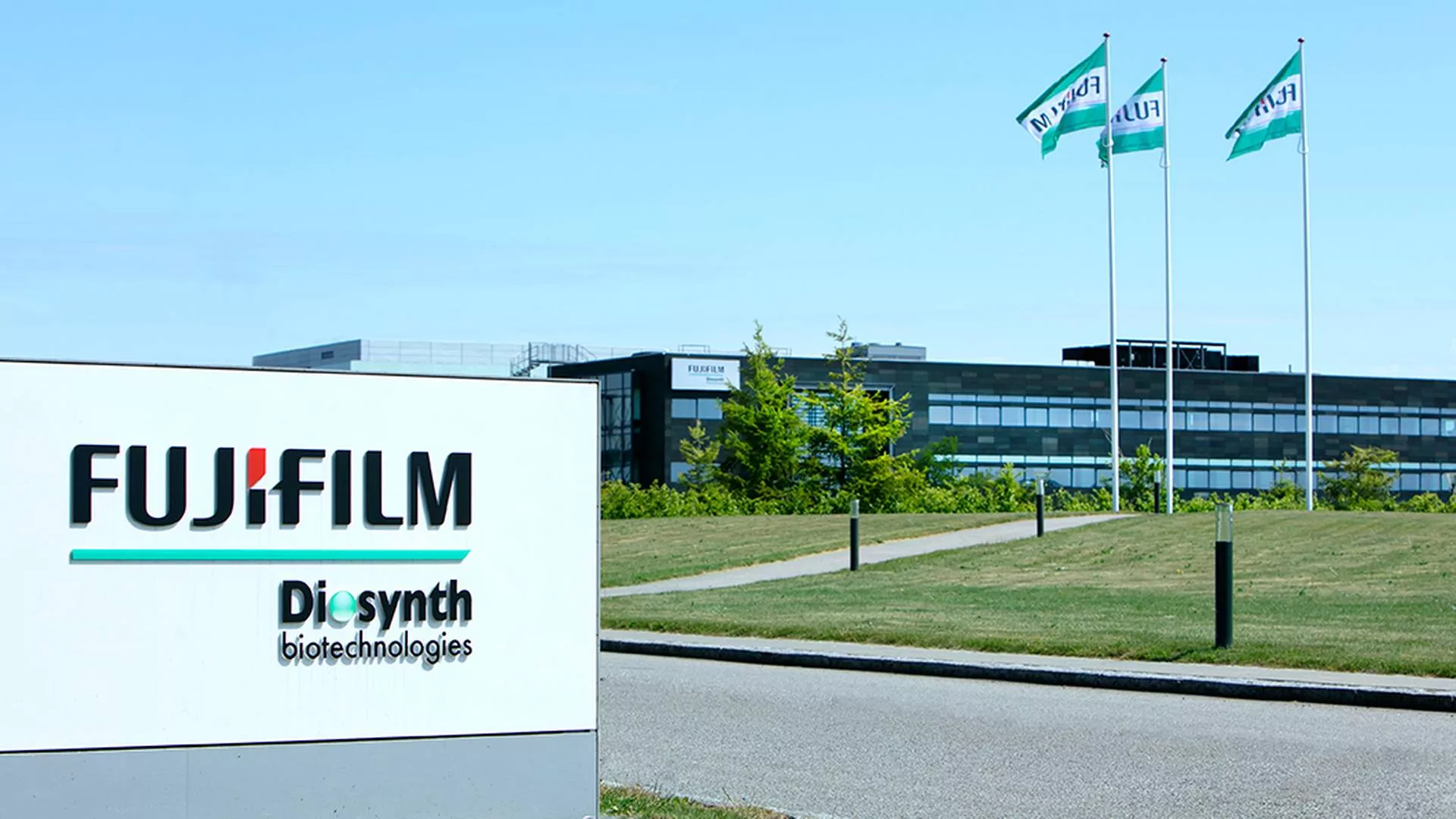


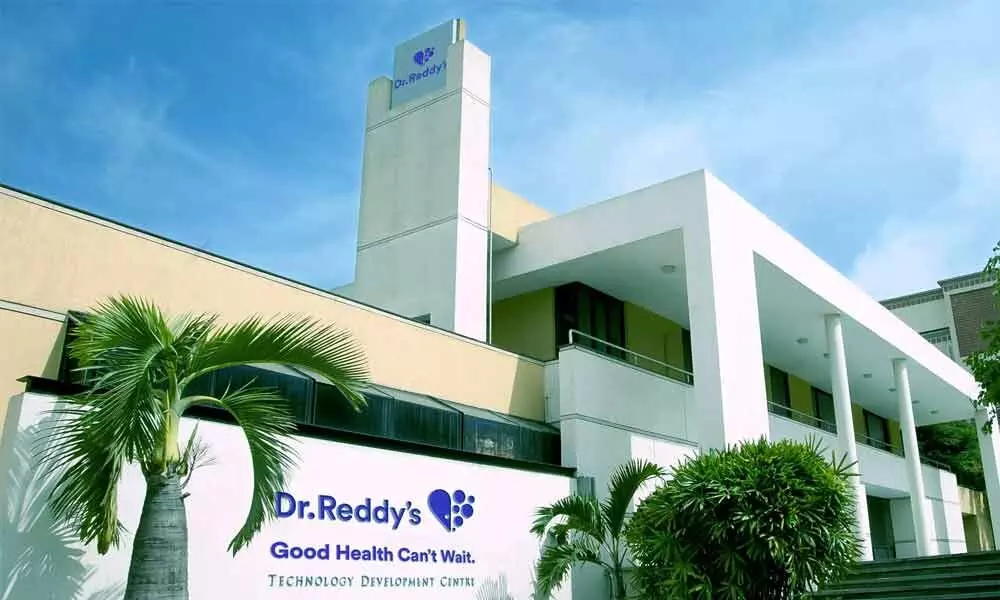
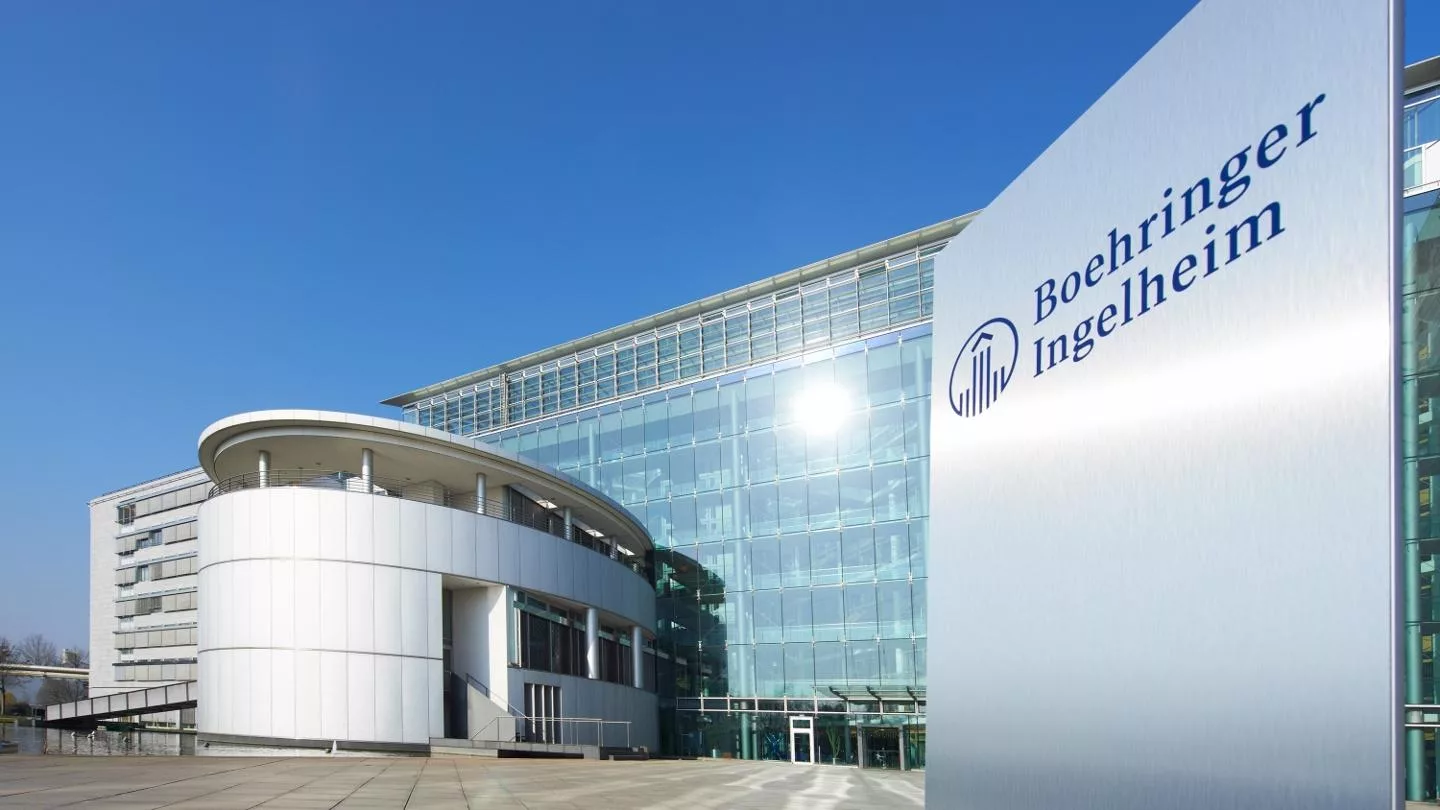
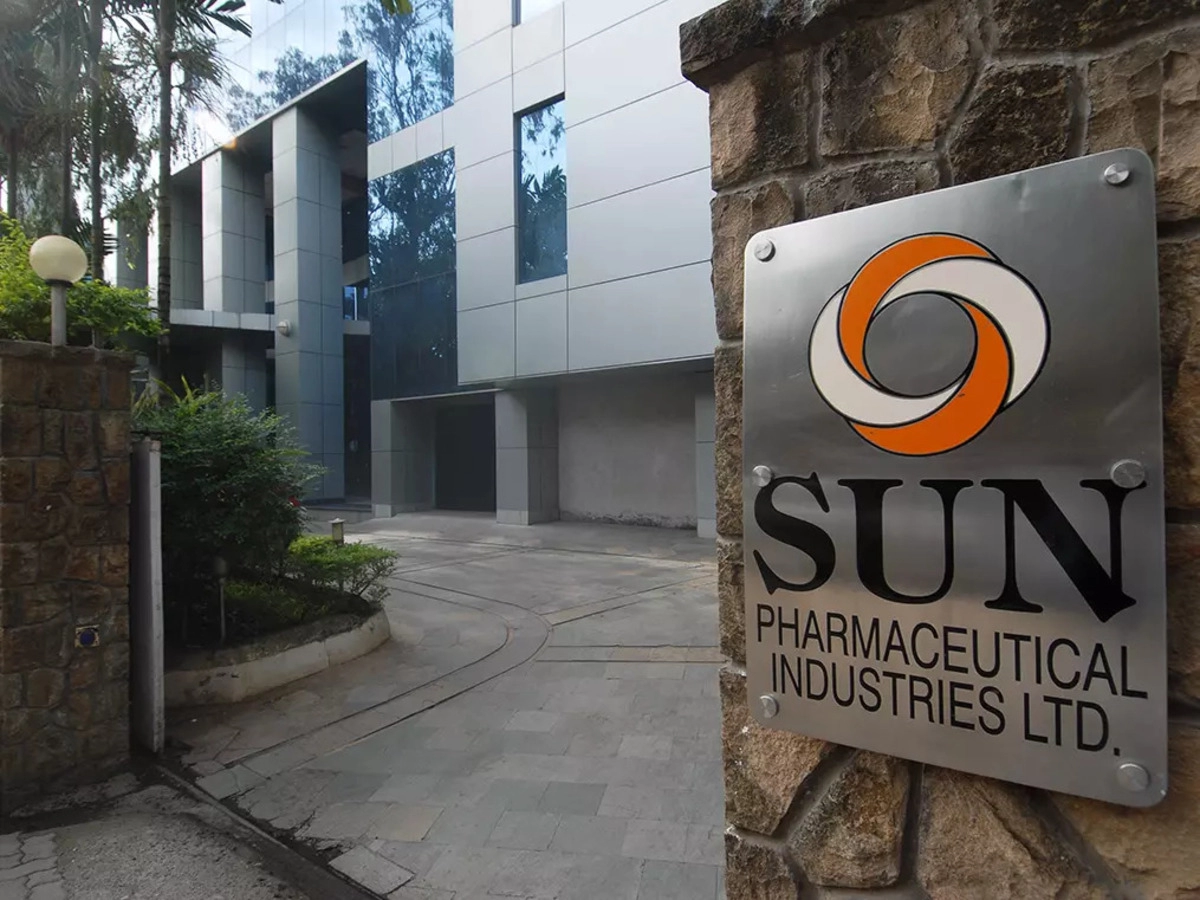
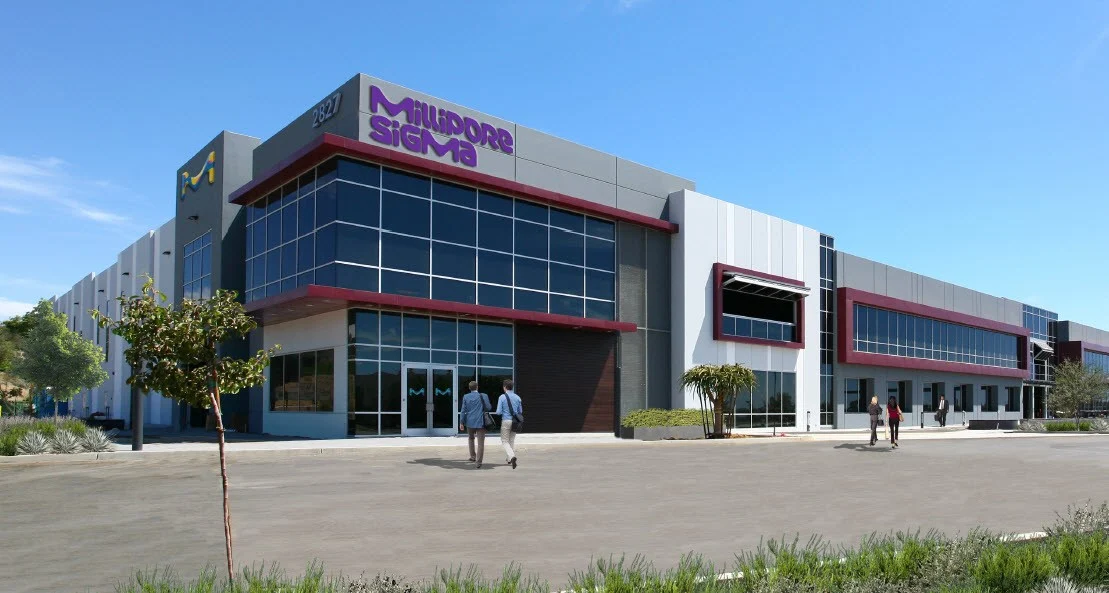






Check out all other blogs here!